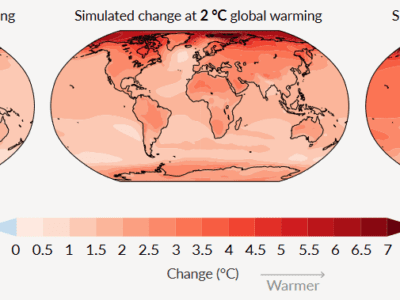No (or at least little) net loss of jobs from regulation
We keep hearing the phrase “job-killing regulations” from the Republican side of the aisle, with environmental regulations generally at the top of their lists. Yet there has never been much evidence for the claim that government regulation is systematically bad for employment or the economy. To the contrary, scholars, this blog, think tanks (notably the Center for Progressive Reform), and even the Office of Management and Budget (which is not particularly a fan of regulation) have thoroughly debunked the idea. But somehow the truth has had a hard time making into the general public consciousness, or even the “mainstream media.”
Perhaps that is changing. Today’s Washington Post has a very good story about the complexity of the interaction between regulations and employment economy in the context of coal-fired power plants. The story points out a fact I hadn’t known but which doesn’t surprise me — more workers are required to operate the old coal-fired power plants that will finally have to add modern pollution controls under rules EPA has sent to the White House for review than new natural gas plants. But the switch to natural gas has been progressing for years for economic reasons, even without coal being required to bear the full costs of its health and environmental impacts. The failure to regulate coal, in other words, has artificially retarded a change the market would have made long ago.
As the Post story points out, regulation can eliminate jobs, but it can create others. Building, operating, and maintaining pollution control equipment, for example, requires workers. Of course, the people who lose their jobs may not have the right training or be in the right place to get the new ones. In those cases, it is often appropriate for government to provide transition assistance such as funding for job training.
The real question about regulation, as Stanford economist Roger Noll told the Post, is whether it is on balance good or bad for society. Whether jobs are created or lost is relevant to that larger question, but certainly not determinative. I’d much rather have the government help re-train the workers who currently operate the “Big Dirty” coal-fired power plants for new work than have the government preserve those particular jobs at the expense of the larger public’s health.







Reader Comments